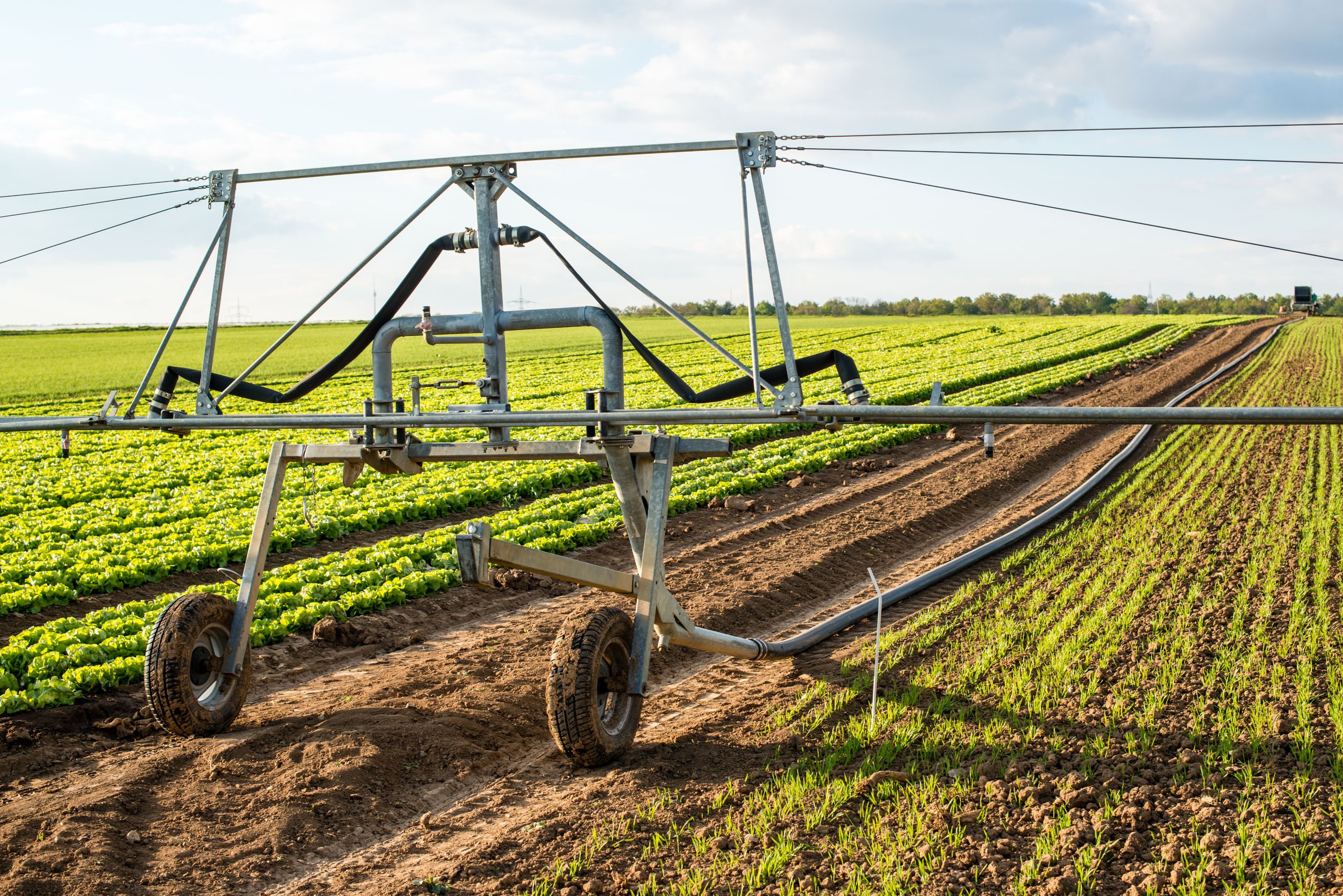Soil carbon is part of the soil organic matter built up by adding organic fertilizers like animal compost and manure and through crop residues such as stems and leaves left in the field. Soil organic carbon has many advantages on soil quality and agricultural production, and it is important for climate change mitigation.
Importance of Soil Carbon
Soil organic carbon, a main constituent of soil organic mush that provides a stable environment, is barefoot with life productivity and good climatic regulation. It performs the main function as the energy and nutrient provider for soil microorganisms, resulting in the positive effects of healthier soil through its structure and moisture retention.
Role in Agricultural Productivity
Carbon in soils is good for growing crops and protecting the food supplies. It improves soil fertility through improved nutrient cycling, water retention, and soil construction; this enables plant growth, increases crop yields, and boosts the resistance to stress from bad climates such as drought and disease.
Climate Regulation and Carbon Sequestration
Soil organic carbon sequestration is integral to the climate moderation of the world’s carbon cycling. Carbon is exchanged non-stop between the atmosphere, greenery, and humus through photosynthesis, leaf fall, and microbial activity. Enhancing soil carbon levels using sustainable land management options like agroforestry, cover cropping, and reduced tillage makes mitigating climate change easier and sequesters carbon dioxide gas to soil where it is safe from releasing into the atmosphere over long periods.
Contact Groundwork BioAg to learn more about the benefits of soil organic carbon to agricultural production and soil quality.






